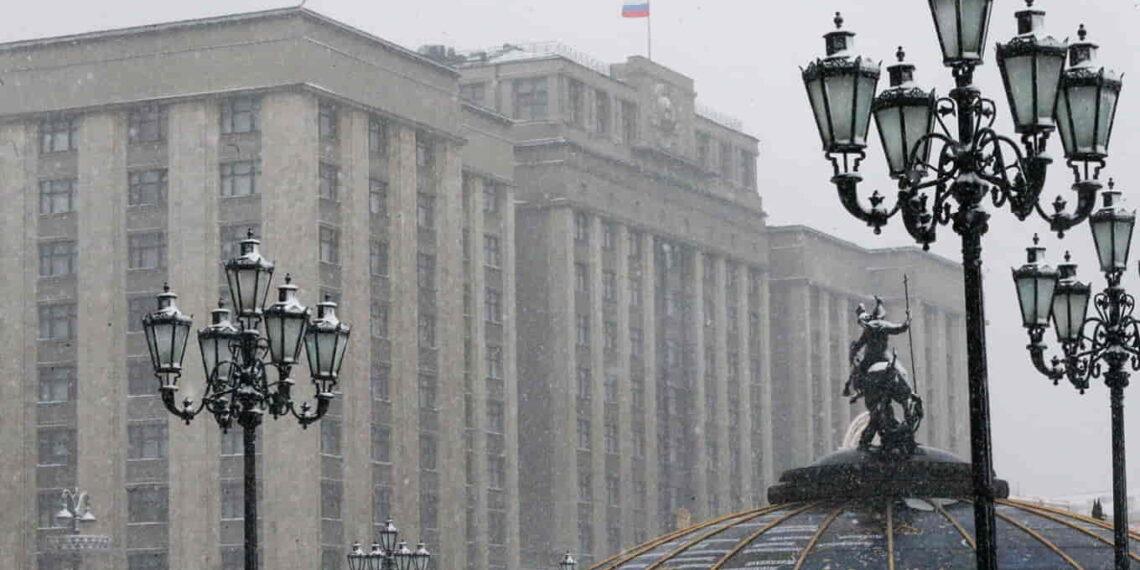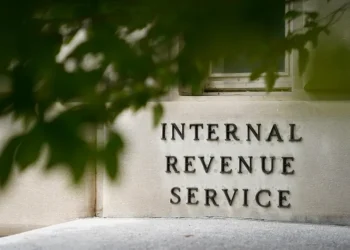Russia Moves to Block “Foreign Agents” from Accessing Earnings
Russia’s lawmakers have passed a controversial bill aimed at stripping “foreign agents” of income derived from property sales, royalty payments, and other assets, as part of the government’s ongoing crackdown on critics of the war in Ukraine.
The new legislation, passed on Tuesday, targets those labeled as “foreign agents,” a term used for individuals and entities seen as traitors or enemies of the state. These individuals will no longer be able to access funds from assets based in Russia, including income from property, vehicles, and intellectual property.
Key Provisions of the New Law
Under the bill, individuals designated as “foreign agents” must deposit any earnings from Russian-based assets into special rubles accounts, which can only be accessed once they are no longer labeled as such by the government. This move essentially blocks them from using their income streams until their status is lifted.
Vyacheslav Volodin, Speaker of the lower-house State Duma, made it clear on Telegram that the law is designed to prevent those labeled as “foreign agents” from benefiting financially at the expense of Russia’s citizens. “Those who betrayed our country will not enrich themselves at the expense of its citizens,” he stated.
The bill requires these special accounts for income generated from the sale or rental of property, vehicles, interest on deposits, and dividends earned by “foreign agents.” It also extends to earnings from intellectual activities, including brands, scientific works, trademarks, as well as art, literature, performances, and broadcasting.
A Targeted Move Against War Critics
During the Duma vote, Volodin called “foreign agents” “scoundrels, traitors, and hirelings” who use their Russian-based earnings to fund causes seen as harmful to Russia, such as supporting the Ukrainian army. He reiterated the need to stop those who, in his view, are attempting to “destroy the country.”
The bill has already passed two readings in the Duma with unanimous support, and now it heads to the Federation Council for a final vote before being signed into law by President Vladimir Putin. 429 out of 450 Duma members are listed as co-authors of the bill.
The “Foreign Agent” Label: A Tool of Repression
Since Russia passed the controversial “foreign agent” law in 2012, hundreds of journalists, cultural figures, businesspeople, and media outlets have been branded with this label, which carries negative Soviet-era connotations. In 2023, the government expanded the scope of this law, including restrictions on political participation and advertising.
The Moscow Times, for example, was added to the “foreign agents” registry last year.
Tighter Restrictions and Growing Crackdowns
The Russian government has intensified its crackdown on those branded as “foreign agents” in 2023, including imposing severe restrictions on their ability to run for political office or advertise. Reports indicate that the number of criminal cases against “foreign agents” more than doubled in 2023 compared to the previous year.
This new bill is yet another step in the government’s efforts to silence dissent, targeting those who criticize the regime, especially over its actions in Ukraine. It signals a further tightening of the Kremlin’s control over cultural, political, and business figures deemed to be at odds with the government.
This article was rewritten by JournosNews.com based on verified reporting from trusted sources. The content has been independently reviewed, fact-checked, and edited for accuracy, neutrality, tone, and global readability in accordance with Google News and AdSense standards.
All opinions, quotes, or statements from contributors, experts, or sourced organizations do not necessarily reflect the views of JournosNews.com. JournosNews.com maintains full editorial independence from any external funders, sponsors, or organizations.
Stay informed with JournosNews.com — your trusted source for verified global reporting and in-depth analysis. Follow us on Google News, BlueSky, and X for real-time updates.













